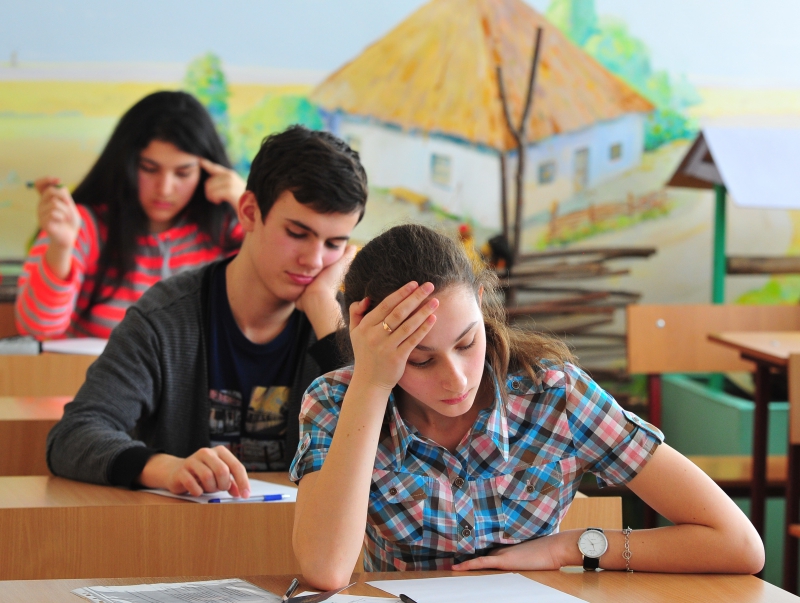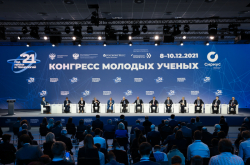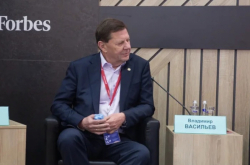Elena Shmeleva, the Head of “Talent and Success” foundation and a member of the Science and Education Council under the President of the Russian Federation, on the systemic selection and support of young talents
Our greatest achievement of the several past years is that we have begun to speak systemically about working with children who demonstrate outstanding abilities, can organize their time and have special demands that we're now learning to meet. Another important achievement is our efforts in developing a comprehensive system for training teachers who are able to work with such children.
Today, we create world-class research and educational centers in 15 subjects of the Russian Federation; we consider how high school teachers can focus on the tasks that are integral to the development of a new infrastructure, and how to help children of 12-13 years old to choose a specialization and an academic advisor – something that is commonly done during one’s university years. We think about the proper ways to involve universities in this effort, and how we can avoid separating the children who have already demonstrated outstanding abilities and found their research advisors from those who will have to experience that later on. In this sense, fairness is a very important factor: we have to offer equal access to good teachers and high-quality educational programs to all children.
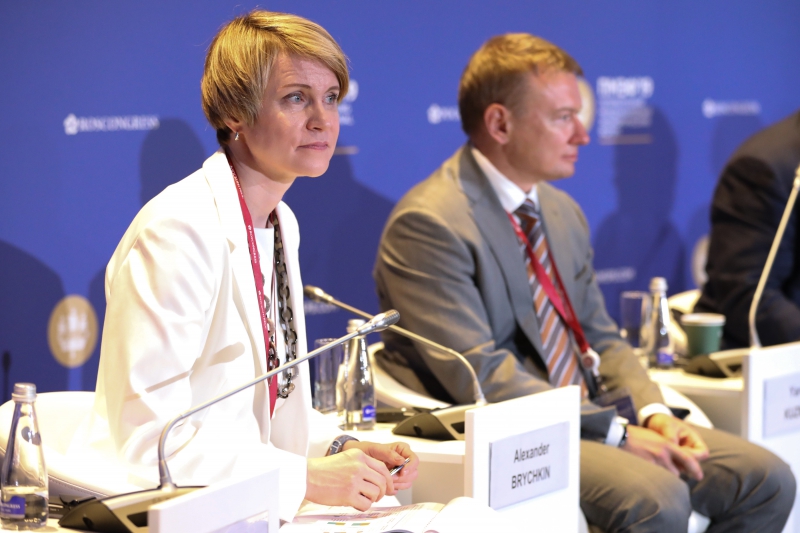
From this perspective, the experience of Sirius, especially its “Sirius online” remote education platform is exemplary, as it shows the way to effectively combine the experience of both lecturers and the professional sector. On this online platform, children do not just participate in contests and similar events but also get an opportunity to study and communicate with specialists who have a keen knowledge of their subjects. Thanks to that, it becomes easier for the children to decide on their future development paths. “Sirius online” has become a community that can engage and motivate children at a very young age.
Yaroslav Kuzminov, Rector of the National Research University Higher School of Economics, on the achievements and drawbacks of the Russian educational system over the last few years
Among the achievements are a one and a half times increase in teachers’ wages and a change in a teacher’s status. The latter is reflected in the quality of admission on pedagogical programs: if before, the average admission score was 59-60 points, now it is 70 points. We can also note the changes in the gender profile: now, more and more young people choose to follow a career in teaching.
Another achievement is a considerable growth in the quality of education. Within the period from 2006 till 2015, the number of Russian school students who failed to reach the threshold level of functional literacy decreased in three subject areas: reading (from 39% to 20%), maths (from 26% to 19%) and natural sciences (from 25% to 20%).
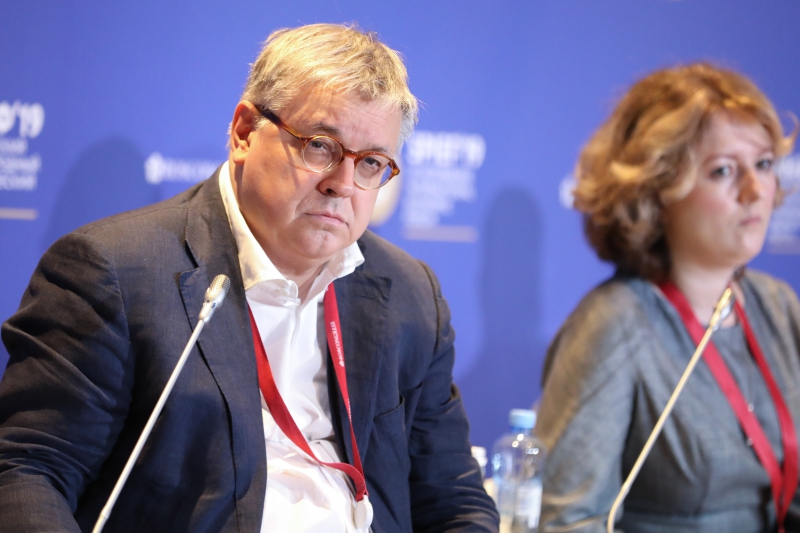
Nevertheless, we still observe a high percentage of academic underperformance: on average, it amounts to 20%, which is two times higher than in Europe. In some 90% of instances, academic underperformance contributes to one’s failure to attain economic success in their adult lives. In today’s Russia, two and a half million young people aged from 15 to 25 neither work nor study. I believe that solving this problem is a national challenge.
Another problem associated with academic underperformance is the increase in educational selectivity that we witness as more we invest more in the educational system. We witness the development of talent search systems, the emergence of lyceums, but what we don’t see is the development of the mechanisms of social intermixture. We have to create equally good conditions for children who grow in families with a low level of education and financial well-being, as well. Such mechanisms exist in most countries. Ignoring this problem can result in a situation when alongside with the development of talents we’ll be creating additional sources of social tension. According to polls, two-thirds of parents report the presence of selectivity when applying for elementary school. I can comprehend the presence of selectivity in terms of pre-university schools, but limiting children’s access to elementary education is a worrisome sign from the standpoint of social stability.
The second problem is the underdevelopment of general education schools in comparison with best international practices. Russian school students have very limited flexibility in what has to do with choosing educational paths. This problem is partially solved in metropolitan schools where a student can apply for a class that is focused on a particular subject area. Still, such practice is yet to be implemented in other cities.
Though Russia has still retained USSR’s potent system of supplementary education, the latter mostly focuses on three sectors: sports, arts, and a set of school subjects that covers only 20% of the future labor market. That being said, there’s no supplementary education in communications and applied technological subjects, the skills that will potentially be sought-after in the labor market. Then again, our schools don’t give such relevant knowledge, either: they lack practices of project-based education or subjects that develop communication and creative skills, the skills that are essential for meeting the demands the 21st century.
Oksana Demianenko, Principal of the Skolkovo International Gymnasium, on the issue of inequality in education
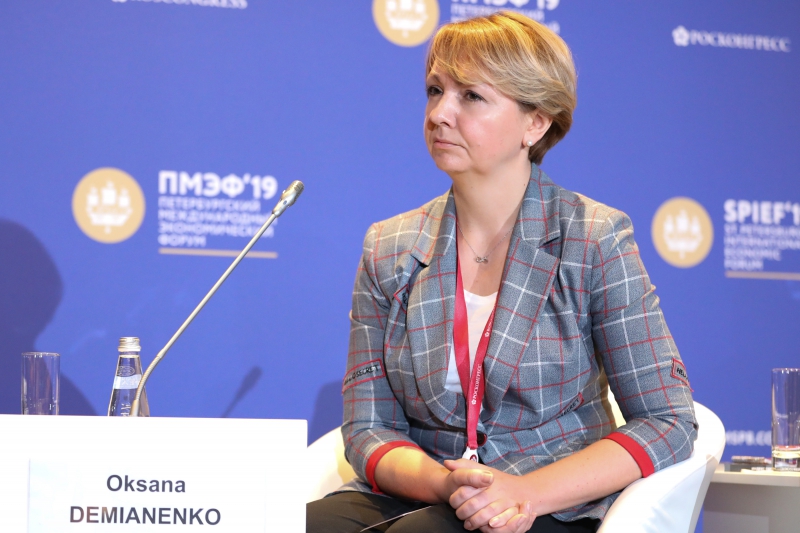
The problem of inequality in education is an acute one. Being a principal of a school that operates according to the selectivity concept, I see that it is among the key problems of schools and the development of general education. I believe that schools’ openness that has become a fact in the recent ten years is an achievement that’s associated with both benefits and drawbacks.
The benefit here is that today, the order for education is placed by not the state only but future employers as well. I am glad that business in becoming involved in the educational process on the earlier stages, and not just on the university level like it was before. Parents have also begun playing a role in forming the demand for education, and the problem with our schools is that they don’t know how to work with this resource; the ability to perceive this demand and react to it in a proper way is a very important skill.
The school’s role is to not only to cater to a child’s development, but to contribute to society’s development, as well, and these two aspects are interconnected to a considerable degree. By catering to a student’s development, it also caters to the development of the family and the society in general. If we perceive the main players of this process as some institution for the development of the society aimed at a long-term effect, the participation of those who can help in elaborating the school’s policy is very important. Effort in supporting children whose parents are unable to pay for their education is especially important in this regard. This is what the development of social conscience is about.
All of this is possible if business does not only place an order on future specialists but also offers help. For example, there are now endowment funds for schools, and the accessibility of schools that can give their students a lot is growing. Establishing an interconnection between the social roles of schools, those who place the order on education, and the future of this system is very important.
Ivan Fedotov, director of the Association of Innovative Regions of Russia (AIRR), Vice Rector of the Russian Presidential Academy of National Economy and Public Administration (RANEPA), on the role of teachers
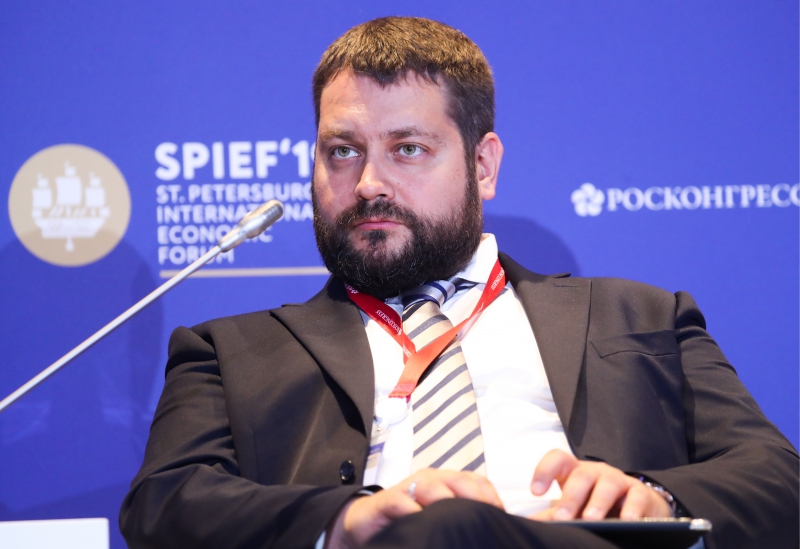
On a global scale, I agree with what Yaroslav Kuzminov said, but I disagree with one thing, namely the fact that the quality of admission on pedagogical programs has increased. What has increased is the average admission score, but not the quality of applicants. We’ve conducted an experiment where we tried to teach project-based teaching to teachers and project-based learning to students of Moscow schools. I want to say that as great and ready to change and accept new things are our students, so most of our teachers are inert and closed-minded.
In most schools, there are “star” teachers, ones that parents want to teach their children, but there’s also the rest who are unable to develop. I don’t really understand why do we even need pedagogical universities, they’ll never get into the top of university rankings. To my mind, they are an atavism that we no longer need, much as is the profession of an educator. A person has to get an education in physics, history, mathematics, have a good command of a foreign language. If they want to become teachers, they should join a Master’s program to study teaching methodology, psychology, and so on, and go work at a school if they want to educate the people who will live in the new digital world.
On the whole, today’s system of teacher training can’t keep up with the digital changes that take place at leading universities and some private schools. I believe that in terms of the ability to embrace new technologies, our teachers are way behind their students. What we need to do is to either change the system or invest lots of funding into educating teachers. We are used to thinking that an educator is a calling, but that’s not true. A good teacher does not only teach their students, but also learns alongside them. Our current teachers are not ready to do that. So I believe that it is the specialists who are professionals in their particular subject fields and not pedagogics who should teach children.
